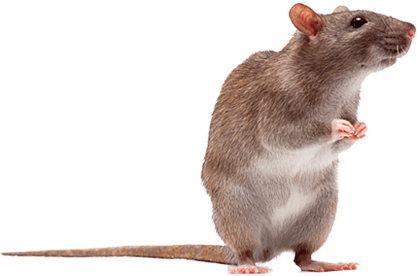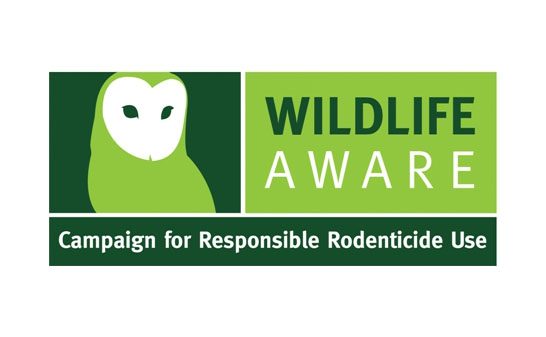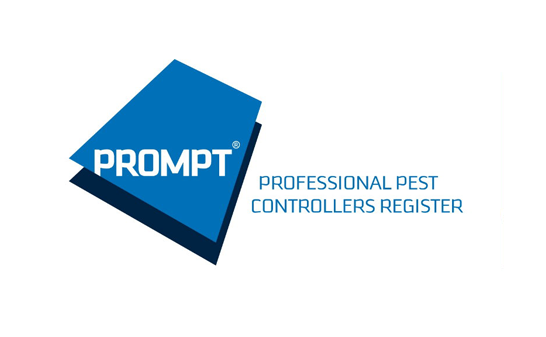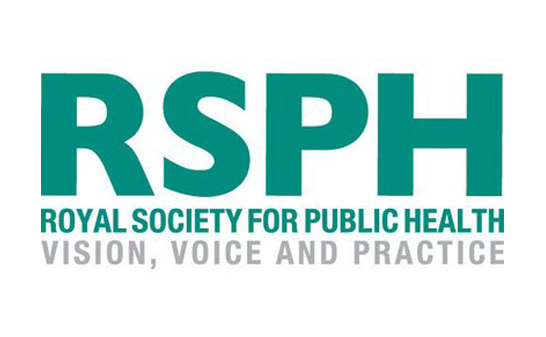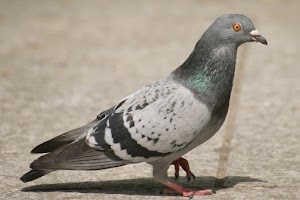Mice
How to tell if I have mice 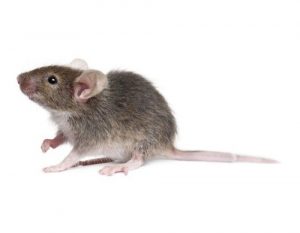
Mouse droppings can easily be mistaken as Bat droppings as both are like little black grains of rice. To tell the difference Mouse dropping are hard and do not crumble like bat droppings.
- Regular sightings.
- Droppings (like black grains of rice).
- Gnawed holes in skirtings boards or around pipes.
- Gnawed food packaging.
- Scratching noises in the walls and on ceilings.
- A musky smell particularly noticeable when you first come into the house.
Life Cycle
It is wrongly believed that mice are only a problem in the winter time. Mice are active all year round, which means you could find them invading your home or business at any time.
- Breeding season is from March until October and starts the year following the birth.
- The gestation period lasts 25 or 26 days.
- Young are fully weaned after about 18 days.
- Lifespan: Usually no longer than 12 months.
Upon identifying an infestation, DO NOT tidy up any evidence just Contact Us and we will help/advise with the next step in preparing an eradication program.
The program will consist of:-
- We would start with a thorough inspection of all known and suspected spots where they might be hiding.
- A full risk assessment and environmental assessment will be carried out to identify any hazards to determine which methods are most appropriate for dealing with the rodent infestation.
- Once we have established the scale of the infestation we get to work straight away using traps as this is our first protocol as we do not always rely on rodenticides to eradicate infestations.
- A plan will be drawn of where we place all traps/poisons.
- We will advise on any proofing and removal of any harbourage that is required and carry this out if requested at the end of the treatment.
- Scheduling a follow-up visit no later than 7 days after initial visits thereafter no later than 14days ( more frequently if larger infestations). Usually, all infestations are fully eradicated within 2-3 visits depending on the scale of the problem.
- Extra visits to investigate smells, even if resulting from a successful rodent treatment, are not covered and will be charged for at our standard call out rate.
Preventative measures
Preventative measures should begin with the design, construction, and maintenance of the building in addition to good housekeeping. Effective cleaning of all parts of the premises and equipment is essential, together with the storage of food in rodent proof containers. The maintenance of the refuse store in a clean condition and the storage of all refuse in suitable lidded containers is essential. Premises owners should check their property for conditions that are inviting to rodents. i.e. overgrown vegetation. The building exterior should be carefully examined the structural damage, potential harbourage site, poor sanitation and other conditions conducive to rodent activity.
- Open or loosely covered refuse containers
- Overgrown shrubs or vegetation abutting the premises.
- Open or broken windows or screens
- Openings around pipes or conduits
- Poorly fitting doors or windows
- Telephone and electrical lines leading into the home or apartment building
- Cracked or broken concrete on the building foundation
- Piles of wood or debris on the ground around the structure
- Evidence of poor ground care around ponds or landscaping
- Dense foliage or ivy contacting the building
- Pet food & bird feeders
- Harbourage sites under outbuildings
TESTIMONIALS
Please see some recent feedback.
Book Your Free Pest Evaluation Today
Book your free, no obligation site inspection today and one of our technicians will contact you to arrange a visit to your property at a time and date that suits you. Same day service available at no additional cost. Please complete and submit the form below or call us on 0800 002 9062 and one of our agents will assist you further.
Call us today for a free, no obligation quotation on 0800 002 9062
or email us to: info@avantipestsolutions.co.uk
